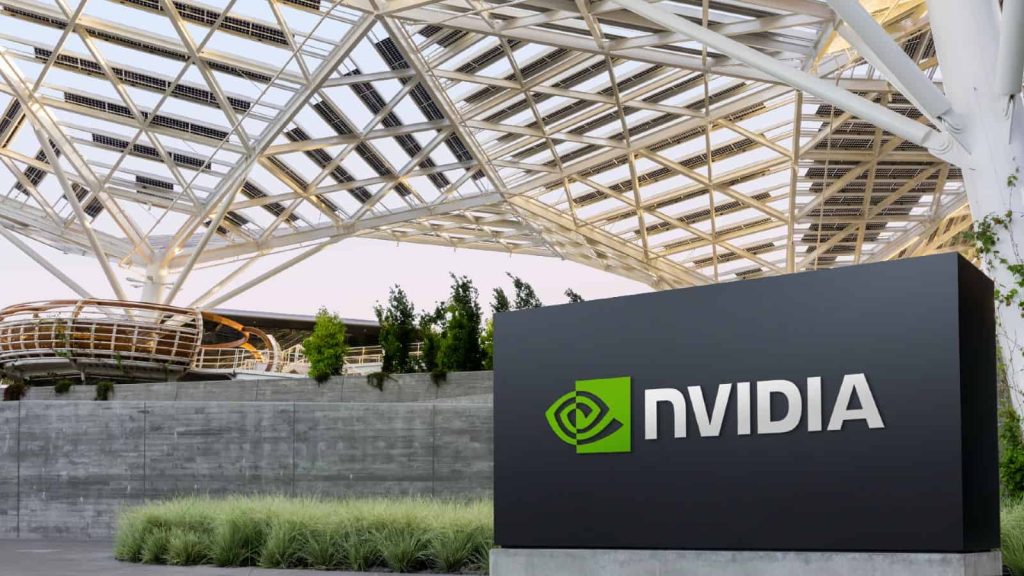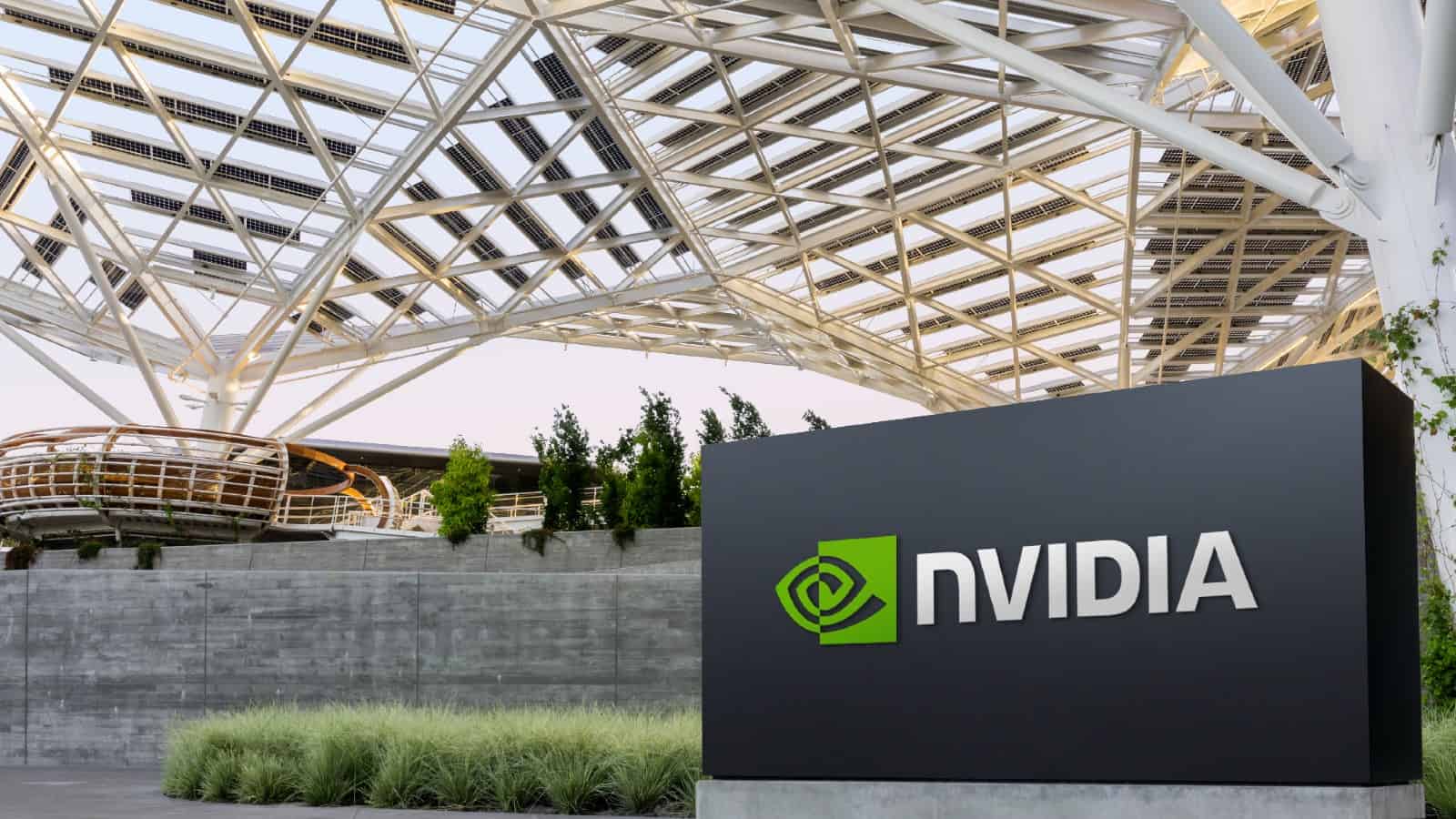Could Nvidia stock be a ticking time bomb?


There has not been a stock like Nvidia (NASDAQ: NVDA) in history. That may sound like a bold claim, even given the chip companyâs 1,294% gain in value on the stock market over the past five years. But it is true: Nvidia is the first listed business ever to achieve a market capitalisation of $5trn.
That has been the stuff of dreams for many long-term Nvidia stockholders, I am sure.
But could there be a catch?
Is this a bubble set to implode?
First, consider the Nvidia price itself, aside from the wider market (though in reality they are connected strongly at this point, due to the companyâs key role in the S&P 500 index).
Could the share price be a bomb set to explode?
I think it may be. But that might not necessarily be bad. After all, it has already exploded in recent years — and got much, much more valuable!
The bear case for Nvidia stock at the moment points to its valuation of 58 times earnings, coupled with the fact that those earnings have themselves exploded in recent years.
That valuation already looks pretty racy. But what if the earnings are not sustainable?
For example, maybe big tech firms currently shelling out tens of billions of dollars on AI capability do not get the financial returns they want and decide to turn off the taps. That could badly hurt Nvidiaâs earnings, potentially making the stock price fall badly.
Or might it explode?
The reverse could happen, though.
It could be that this is just the start of large-scale AI usage. Companies might plough more and more money into it.
With its proprietary chip designs, proven capabilities, and large installed user base, that could potentially mean revenues and earnings at Nvidia soar even from here.
In that case, I think that rather than implode, the share price could explode!
The wider market could catch a flu
My concern about the Nvidia stock price is not just about Nvidia. After all, I do not own the share.
Rather it is about what is sometimes known as the contagion effect. If Nvidia sneezes, will the wider market catch the flu?
I fear it could. In that sense think the Nvidia stock price may be a ticking time bomb.
After all, the recent strong performance of the US market has been led by large-cap tech stocks â which have been led by Nvidia. Any big fall Stateside would likely ricochet to the London market, I reckon.
Donât panic Mr. Mainwaring!
Although I think Nvidia could potentially be a ticking time bomb for the wider market, we do not know how long its fuse might be.
Like any company, Nvidia could suddenly shock the market with bad news. Or — unlike many companies — it could keep on doing what it already has done for years, quarter after quarter: reporting robust performance and long-term growth.
Rather than time the market â or Nvidia â I am doing what I always do, looking to buy into great companies at attractive prices.
I think Nvidia is a great company and, while its current valuation looks too high for my comfort, I will continue to watch it closely in case it suddenly gets a lot cheaper!
The post Could Nvidia stock be a ticking time bomb? appeared first on The Motley Fool UK.
Should you invest £1,000 in Nvidia right now?
When investing expert Mark Rogers has a stock tip, it can pay to listen. After all, the flagship Motley Fool Share Advisor newsletter he has run for nearly a decade has provided thousands of paying members with top stock recommendations from the UK and US markets.
And right now, Mark thinks there are 6 standout stocks that investors should consider buying. Want to see if Nvidia made the list?
More reading
- Can anything derail the runaway Nvidia share price?
- I asked ChatGPT for the ‘next Nvidia stock’. Here are 5 names it gave meâ¦
- Retirement savings: 3 investments that have helped double the value of my SIPP in 2 years
- What if thereâs no stock market crash coming soon?
- S&P 500: is it really different this time?
C Ruane has no position in any of the shares mentioned. The Motley Fool UK has recommended Nvidia. Views expressed on the companies mentioned in this article are those of the writer and therefore may differ from the official recommendations we make in our subscription services such as Share Advisor, Hidden Winners and Pro. Here at The Motley Fool we believe that considering a diverse range of insights makes us better investors.





